Lloyds' boom-era bosses sue bank for bonuses
Eric Daniels and Truett Tate claim they should have received a full payout in 2012
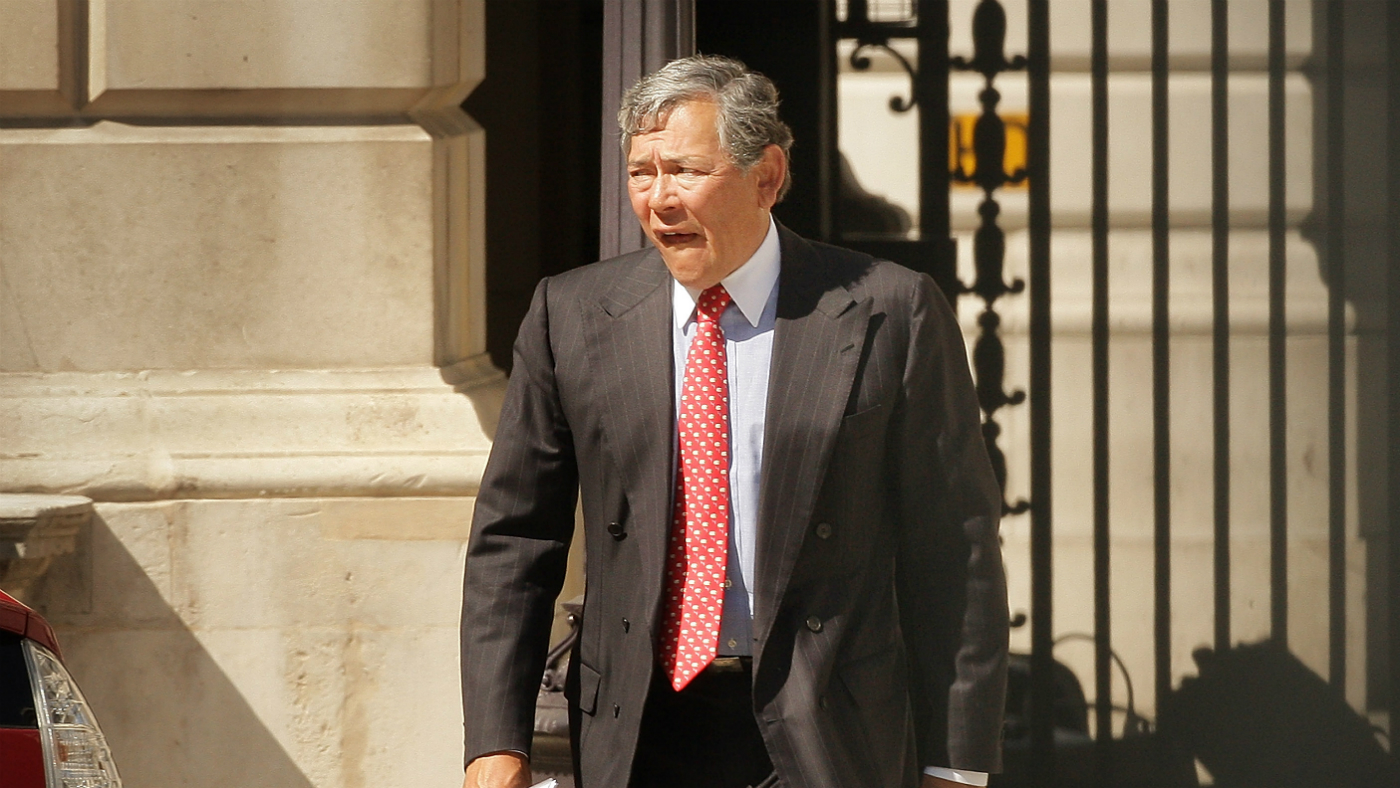
A free daily email with the biggest news stories of the day – and the best features from TheWeek.com
You are now subscribed
Your newsletter sign-up was successful
Lloyds Banking Group's chief executive and head of wholesale banking at the time of its government bailout are both suing the bank for bonus payments they claim were unfairly withheld.
In an action filed at the High Court this month, Eric Daniels, the former chief executive who left the bank in 2011, and Truett Tate, ex-head of wholesale banking who quit one year later, claim they are owed part of a bonus for 2012.
"One source with knowledge of the claim said the dispute focused on the bonus's performance criteria, with the former… executives arguing that despite meeting performance targets they had still not been paid," says The Times.
The Week
Escape your echo chamber. Get the facts behind the news, plus analysis from multiple perspectives.

Sign up for The Week's Free Newsletters
From our morning news briefing to a weekly Good News Newsletter, get the best of The Week delivered directly to your inbox.
From our morning news briefing to a weekly Good News Newsletter, get the best of The Week delivered directly to your inbox.
Daniels's claim is understood to be worth around £500,000, while Tate's is unknown but "given his seniority it is likely to be a similar amount".
The action could prove "controversial", says the Times, as the duo had major roles when Lloyds received more than £20bn from the government and was involved in mis-selling billions of pounds of payment protection insurance.
Both have gone on to secure lucrative financial services roles since leaving the bank. Daniels holds directorships at the peer-to-peer lender Funding Circle, the boutique investment bank Stormharbour and the private equity firm CVC Capital Partners. Tate is head of the wholesale banking arm of the Australian bank ANZ and has a number of City directorships.
Lloyds was considered to be relatively well insulated from the financial crisis but there are questions over its agreement to buy crisis-stricken Hbos in a government-backed deal in 2008.
A free daily email with the biggest news stories of the day – and the best features from TheWeek.com
The Economist says executives at Lloyds are accused of covering up the parlous state of Hbos's finances and overpaying by buying it for £8bn.
This reduced the value of existing shareholders' holdings. Shareholders are suing the bank and former executives (including Daniels and Tate) in a case that's due to go to trial later this year.
Lloyds hit by another £1.6bn of misconduct charges
27 July
Lloyds Banking Group's half-year profits have been hit by another £1.6bn in charges for past misconduct.
The bank has been forced to set aside another £1.05bn for payment protection insurance (PPI) mis-selling, taking the total cost of the scandal to £18bn. That's around half of the total for the whole UK banking sector.
Lloyds had previously said the cost of the PPI issue was fully accounted for, but "the number of claims has increased… ahead of the financial regulator’s compensation deadline in August 2019", says the Financial Times.
George Culmer, chief financial officer at the bank, said of the latest PPI provision that it was "disappointing to do it again".
Elsewhere, the bank set aside £540m to cover a range of compensation costs, including adding to a pot to compensate customers who were "mistakenly charged" for falling into mortgage arrears, says the BBC.
The regulator investigated charges on mortgage customers between 2009 and 2016 and concluded "the bank did not always do enough to understand customers' circumstances and check that their arrears payment plans were affordable and sustainable".
It has now allocated of total of close to £300m to refund all fees charged for arrears management schemes, as well as any litigation costs and to offer payments for "distress and inconvenience".
Pre-tax profit for Lloyds came in at £2.5bn for the six months to the end of June, up four per cent on last year but below analyst expectations of £2.9bn.
Stripping out one-off costs such as the compensation provisions, the bank reported an underlying profit of £4.5bn, up from £4.2bn in the same period last year. Income rose from £8.9bn to £9.3bn.
Laith Khalaf, senior analyst at stockbrokers Hargreaves Lansdown, said: "It's a sign of Lloyds' strength that it can shrug off £1.6bn of misconduct charges to post a strong rise in profits.
"Overall, this is a strong set of numbers from Lloyds, blighted, but not overshadowed, by misconduct costs. The government has exited the bank and is now no longer selling stock in the market, which removes a significant downward pressure on the share price."
Lloyds’ share price fell 2.2 per cent in morning trading, to 67.5p.
Lloyds back in private hands - and claims £900m taxpayer profit
17 May
Lloyds Banking Group is finally back in private ownership after the government's remaining two per cent stake in the bank was sold in its "drip feed" share sale.
"Lloyds is now back to business as usual, and the withdrawal of a large seller from the market should be positive for the share price," Laith Khalaf, senior analyst at Hargreaves Lansdown, told the BBC.
Shares were trading for around 70p at the time of the sale, less than the 73.6p average paid by the then Labour administration at the time of the bank's 2009 bailout.
However, because most of the share sales between 2013 and 2015 were made at a significant profit - and thanks to the proceeds from dividends to shareholders - Lloyds says taxpayers have made a sizeable profit on the investment.
According to the bank, the government has recouped a total of £21.2bn, which would equate to a £900m investment on the original £20.3bn bailout.
The Week had previously calculated a profit of around £700m plus any additional dividend payments not already banked. Lloyds said this morning the final figure included £400m of dividend payouts.
However, the profit figure has come under dispute, says The Guardian, which claims the calculation does not include the £3.6bn worth of interest incurred on loans taken out to fund the banking bailouts during the financial crisis.
Even taken at face value, the return is negative in real terms. Using Bank of England figures for average inflation since 2009, the total returned to the Treasury would have needed to be £25bn to keep pace.
Lloyds shares have risen since the announcement was made and were up two per cent to 71.6p at the time of writing.
Lloyds to deliver 'at least £500m' profit to taxpayer
12 May
Lloyds Banking Group will be fully privatised within days and deliver a profit of "at least £500m" to the taxpayer, says The Scotsman.
Chief executive Antonio Horta-Osorio told shareholders at the annual general meeting in Edinburgh: "We are now just days away from a major milestone as the group returns to full private ownership.
"We take great pride in the fact that the government has already received more than its original investment of £20.3bn.
"With further proceeds to come as the sale is completed, this will ensure that the UK taxpayers get back at least £500m more than was originally put in."
At the beginning of this month, sources had suggested the sale of the final two per cent of shares would come within two weeks.
Lloyds is currently price at around 68p a share, well below the 73.6p purchase price at the time of the government bailout during the financial crisis, but because most of the 41 per cent of shares sold so far were done so at a profit, the net return will be positive.
The Week has previously calculated that figure could be at up to £700m. However, the taxpayer return will be negative in real terms.
According to the Bank of England, inflation averaged three per cent between 2009 and 2016, meaning a £20.3bn investment would need to have returned almost £25bn by the end of last year to keep pace.
Based on these figures, the government will have recouped £21bn from Lloyds before any final investor payouts are taken into account.
Elsewhere - and more negatively - Lloyds also revealed it faces a compensation bill of up to £80m for the mis-selling of so-called structured investments, says The Times.
It is currently writing to more than 7,000 customers of the bank and Scottish Widows, its investment arm, who bought these derivatives-based products and who may have been misled as to their complexity.
-
 What to know before filing your own taxes for the first time
What to know before filing your own taxes for the first timethe explainer Tackle this financial milestone with confidence
-
 The biggest box office flops of the 21st century
The biggest box office flops of the 21st centuryin depth Unnecessary remakes and turgid, expensive CGI-fests highlight this list of these most notorious box-office losers
-
 The 10 most infamous abductions in modern history
The 10 most infamous abductions in modern historyin depth The taking of Savannah Guthrie’s mother, Nancy, is the latest in a long string of high-profile kidnappings
-
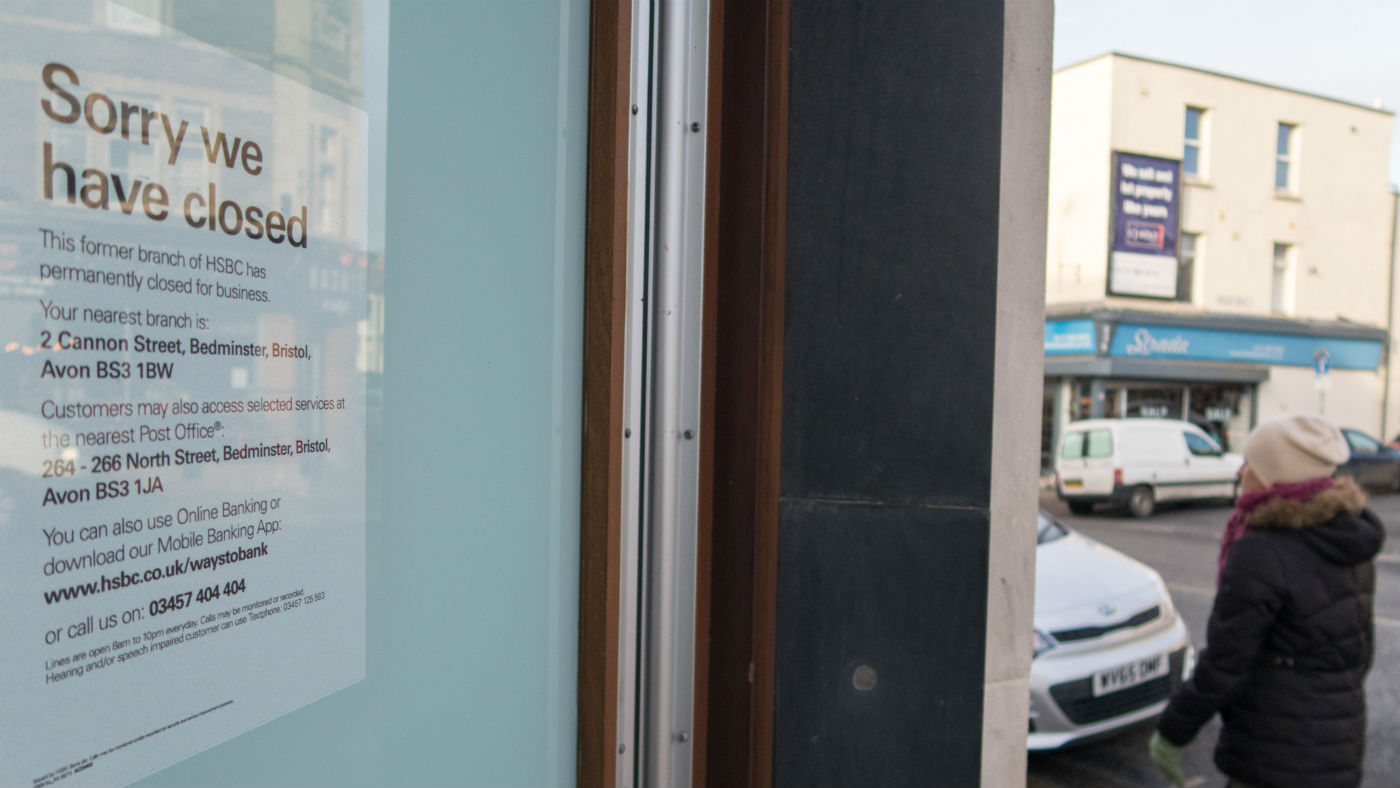 Could ‘banking hubs’ solve problem of branch closures?
Could ‘banking hubs’ solve problem of branch closures?Speed Read MPs fear large sections of society could face ‘financial exclusion’
-
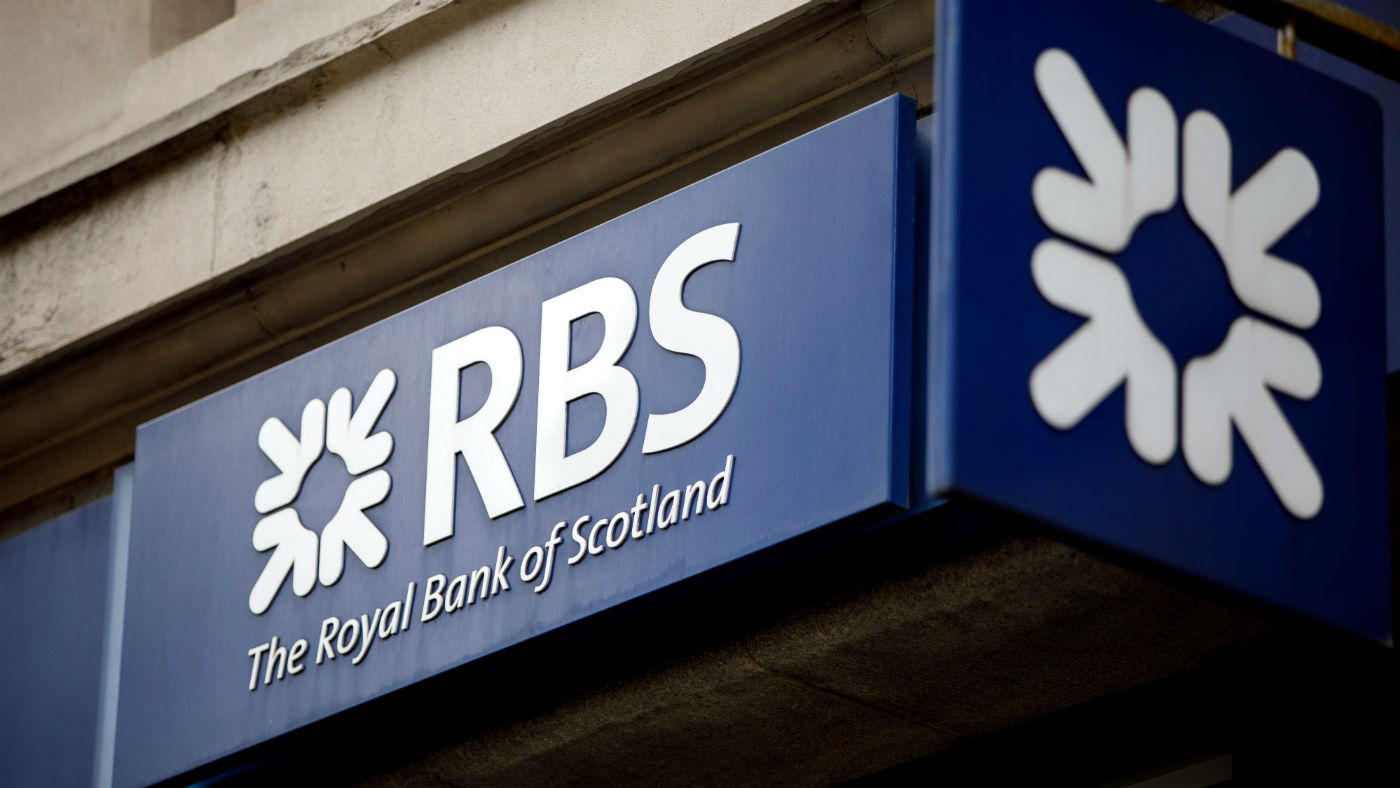 RBS to cut 162 branches and 792 jobs
RBS to cut 162 branches and 792 jobsSpeed Read Move comes days after taxpayer-owned bank announced 206% rise in profits
-
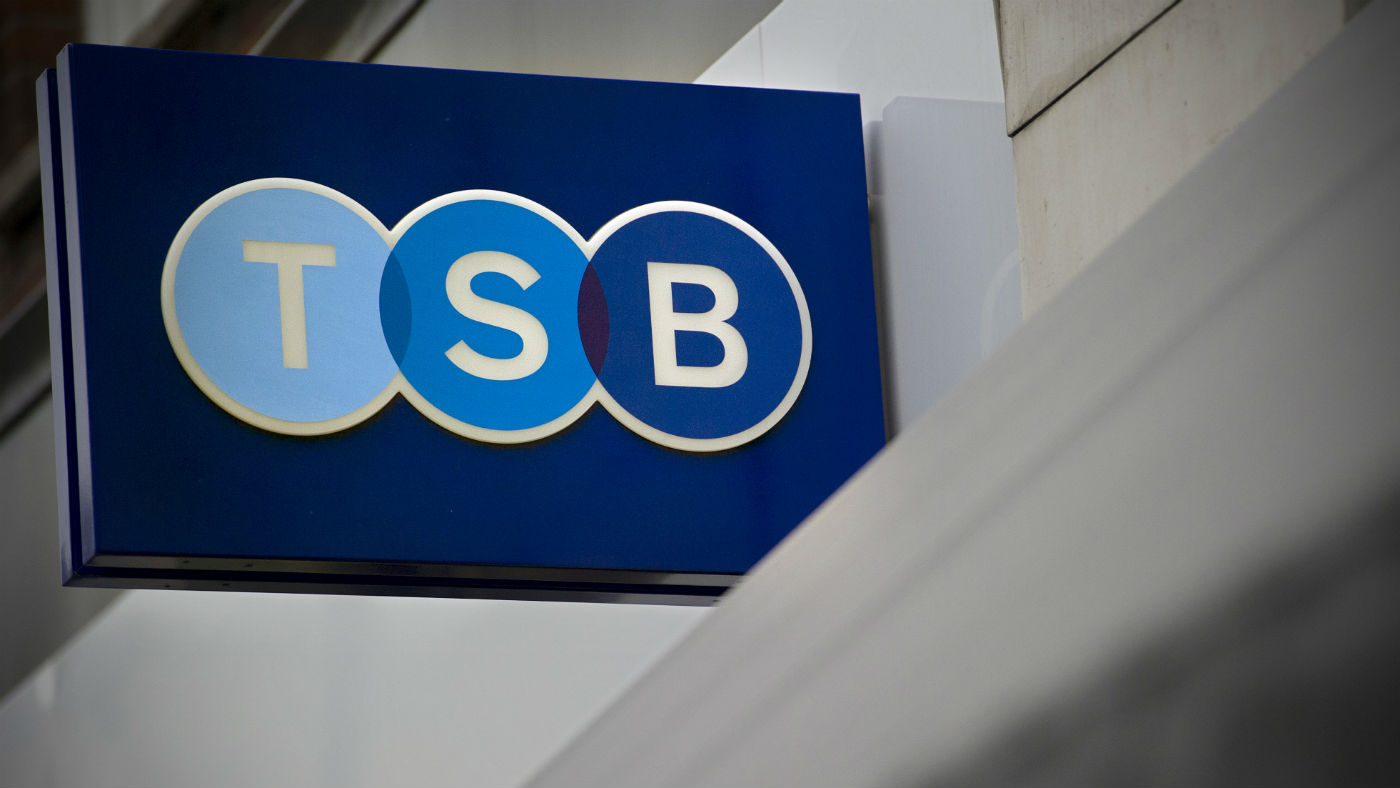 TSB crisis enters fourth day
TSB crisis enters fourth daySpeed Read Bank boss ‘sorry’ for IT chaos that has left customers unable to access accounts or make payments
-
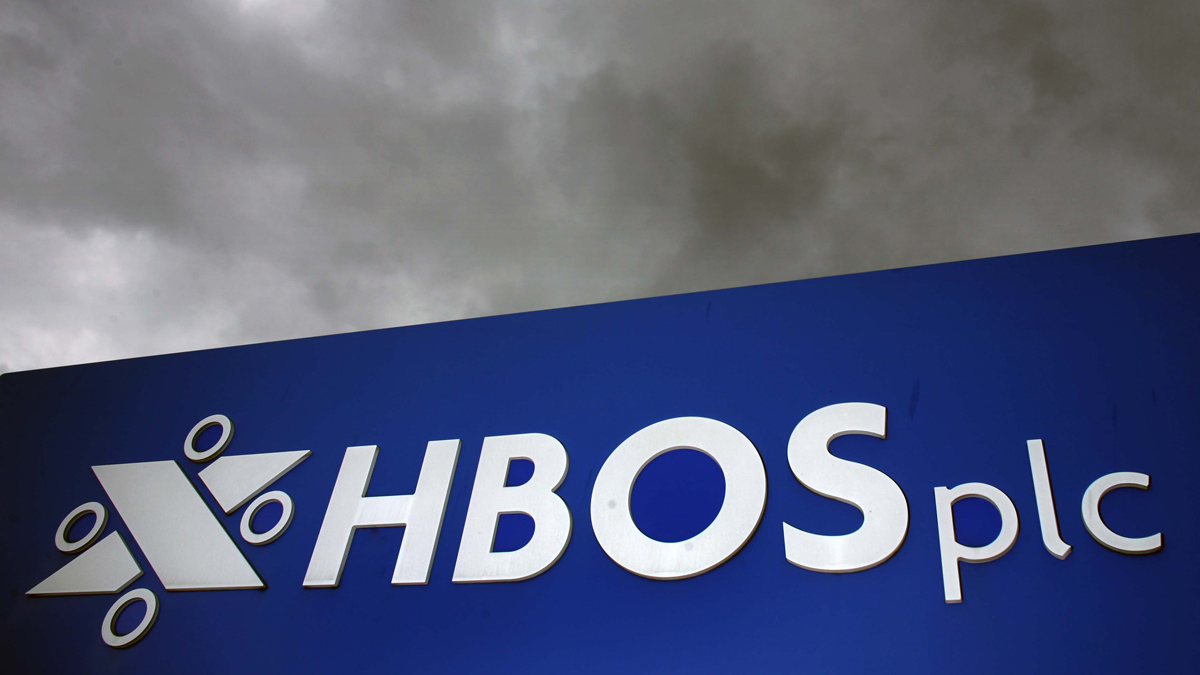 Lloyds shareholders in £350m claim win disclosure battle
Lloyds shareholders in £350m claim win disclosure battleIn Depth Judge rejects bank's argument that advice ahead of ill-fated takeover of Hbos is privileged